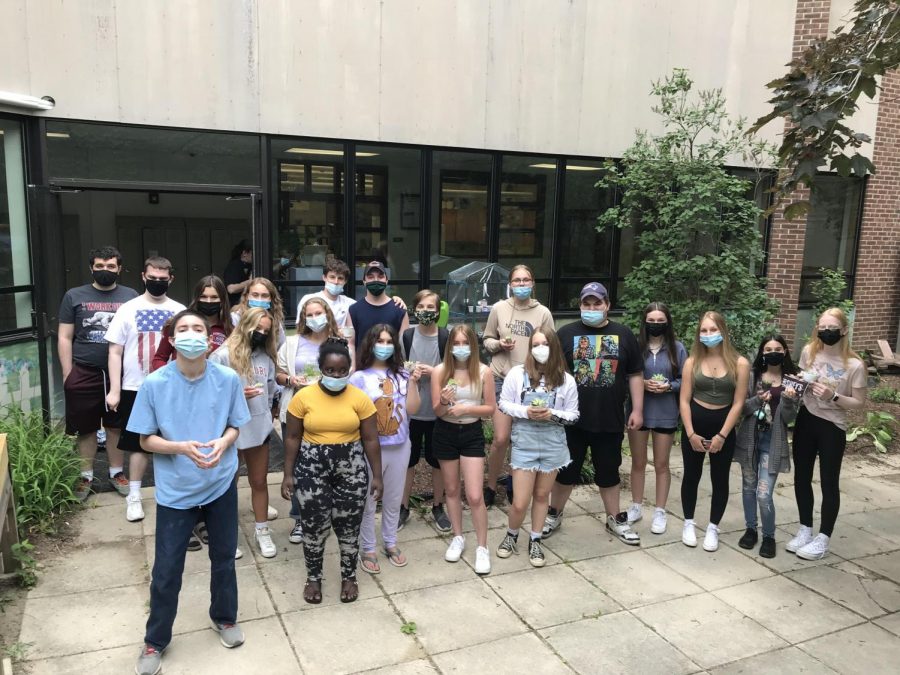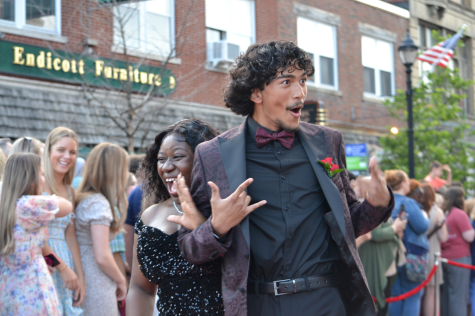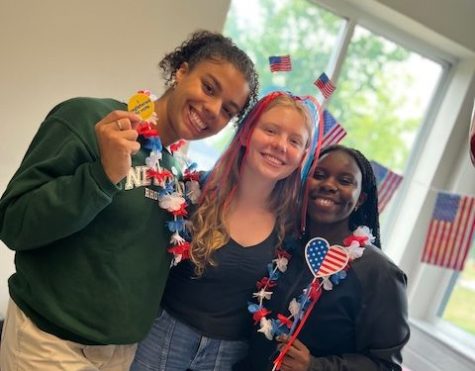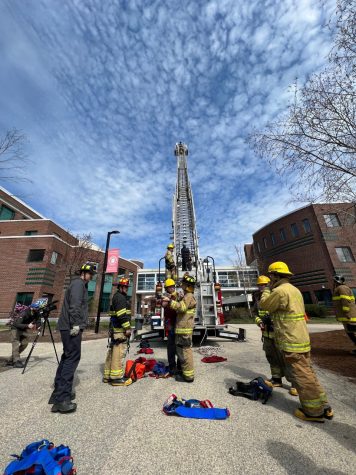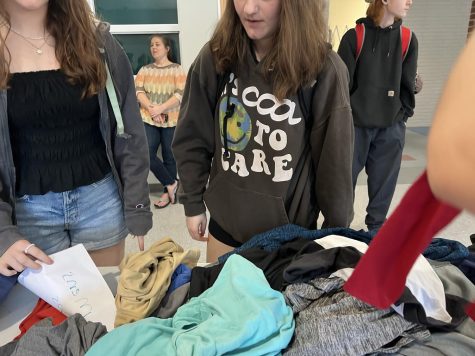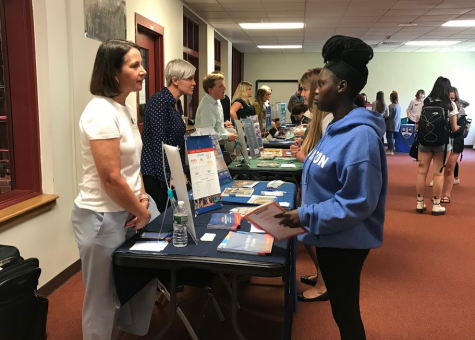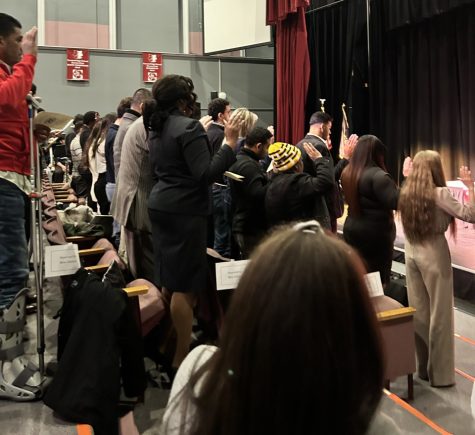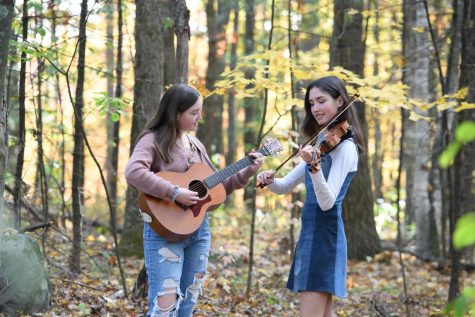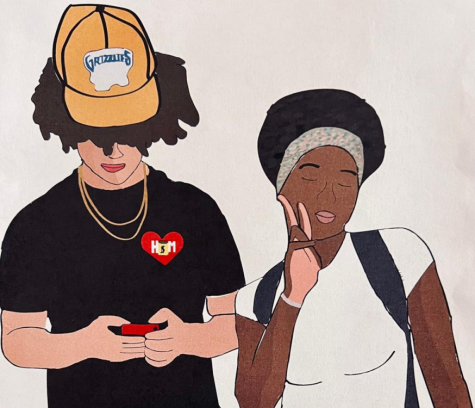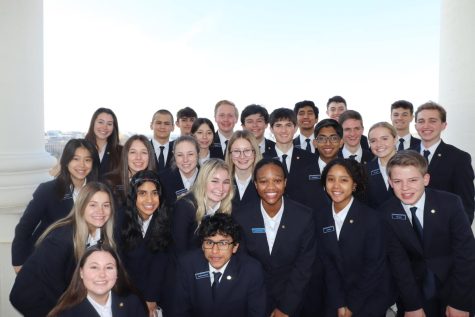Fun was definitely had
Students in Peer-to-Peer and ACCESS classes mixed throughout the year
Concord High School’s ACCESS Transition Program staff sent a shoutout to Peer-to-Peer teacher Myrna Vashaw and her students Friday for helping to make social opportunities possible despite this year’s pandemic restrictions.
“Thanks to Myrna for sharing her students with the ACCESS Program. Especially meaningful for students during the past year of reduced opportunities to chill with friends!” wrote teacher Kari Zwick.
The two classes mixed for a host of activities. Zwick reported her students’ favorites:
Jeff Coulombe enjoyed playing basketball and kickball with Ace, Logan and Dawson. He hopes to find them on Snapchat so they can talk during the summer. Coulombe wants to walk to one of Concord’s pools this summer and would like friends to come along, too.
Zawadi Bora loved doing cheerleading with her peers. They gave her attention and helped her join next year’s Unified CHS cheer squad.
Dale Landon’s favorite activity was going to Ms. Vashaw’s room to watch Peter Pan on Disney Plus with his peers.
Ryan Geilen said he liked making cheese burgers for his peers and staff. Those peers showed him how to make the best burger.
Ace Hayducky, one of Vashaw’s students, was equally enthusiastic. In addition to playing doubles basketball with Coulombe, along with Dawson Fancher and Logan Gagne — “and Jeff always won, like 21-4 or 21-7” — Hayducky recalls building ramps out of rocks and clipboards for remote control cars.
At the end of the semester “they gave us a plant as a memory.”
The Access Transition Program provides a post-graduate education to help special education students ages 18 to 21 to develop and improve community and life skills, according to the CHS Program of Studies. Students build relationships with people and agencies who may support them in the future in jobs and social and academic activities.
Peer-to-Peer is a semester-long elective in which students read articles and books, watch documentaries and listen to guest speakers to better understand the impacts of living with a disability. As the course description explains, “Enrollees spend time with students with disabilities in classes, at lunch, during extra-curricular events and other times outside of school.”
“Peer to Peer is designed to enhance true inclusion in our high school by creating a school climate where students with disabilities and students without disabilities can develop meaningful and reciprocal relationships,” said Vashaw. “My students gain a better understanding of what their role is in an inclusive society and just what an intellectual disability is.”


